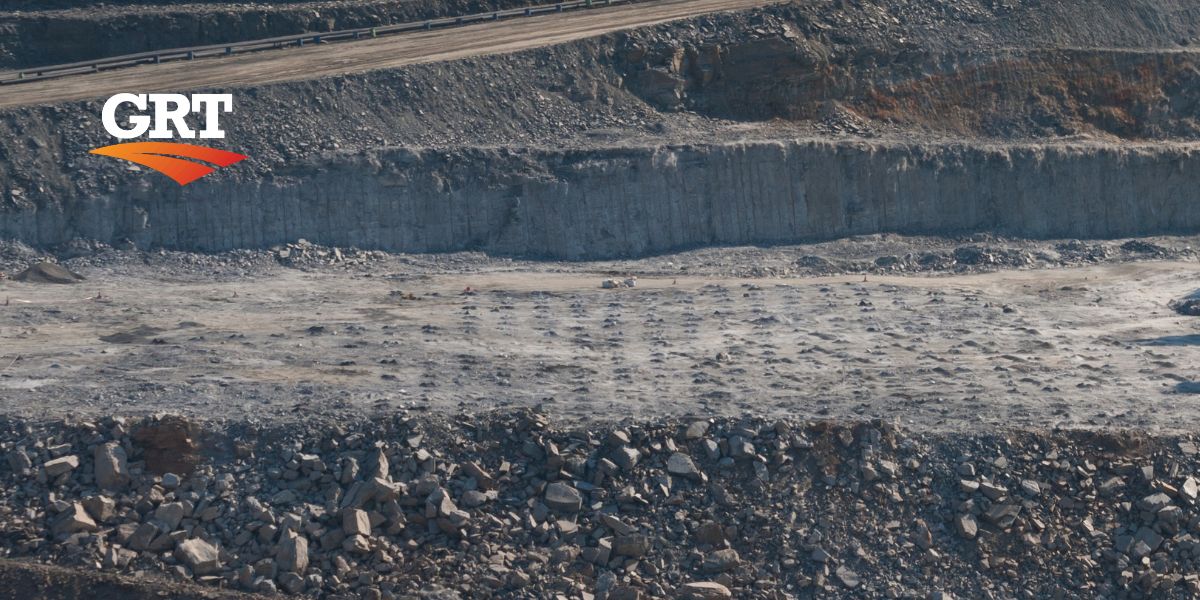Australia’s Federal Resources Minister, Madeleine King, recently met with US Pentagon representatives to discuss the possibility of co-investing in an Australian nickel. King is currently visiting Canada and the US for talks on critical minerals.
During her visit, King met with William La Plant, the US Under Secretary of Defence for Acquisition and Sustainment, to explore options to boost flagging nickel prices. Recent trouble in Australia’s nickel industry, driven by Indonesian dominance, has led to several Australian nickel facilities reducing operations or entering into care and maintenance phases.
King explained the importance of the nickel industry to the global supply chain and as “a canary in the coal mine around what comes next”. She believes her discussions with the US and Canada helped the US Department of Defence understand the problem’s immediacy.
King’s discussions with the US and Canada follow the roundtable she and WA Mines Minister David Michael hosted in late January with nickel and lithium producers to discuss the industry’s challenges. After the meeting, King and Michael said they would work together to accelerate discussions on incentivising investment while progressing talks with State and Territory Governments on common user infrastructure for critical minerals.
King also declared nickel a critical mineral in February, and WA Premier Roger Cook offered support to the nickel sector by announcing a 50% royalty relief program. “I think it’s fair to say they are keen to work with us to ensure we have a nickel industry that survives,” King added.
Alcoa Secures Its $3.4 Billion Takeover
The deal is done—Alcoa will acquire Alumina Limited, making it one of the world’s largest alumina producers. After weeks of negotiations, Alumina announced it had entered a binding scheme implementation deed. Per the agreement, its shareholders will receive 0.02854 shares of Alcoa common stock for each Alumina share held.
Are environmental regulations, health and safety concerns or potential profit loss a concern right now?
The proposal prices Alumina at a 19.5% premium based on the average exchange ratio over the past year.
Alumina shareholders will own approximately 31.6% of the combined group, while the existing Alcoa shareholders will own the remaining balance. Alcoa has agreed to establish a foreign-exempt listing on the ASX, allowing Alumina shareholders to trade Alcoa shares as they would typically trade ASX-listed Alumina shares.
Alumina Limited currently owns 40% of Alcoa World and Alumina Chemicals (AWAC), and its ties to Alcoa date back to 1961. The Alumina board, including CEO and managing director Mike Ferraro, has encouraged shareholders to vote in favour of the transaction.
Alumina chair Peter Day said, “We believe the time is right to combine our two companies. “The combined entity will have a larger and stronger balance sheet and be better able to fund the current portfolio restructuring actions in AWAC and realise potential growth options in the medium to longer term,” he said.
He added, “Alumina shareholders will participate in a leading global pure-play upstream aluminium company with a low-carbon smelting portfolio.” The AWAC joint venture holds a global network of assets, including bauxite mines and alumina refineries in Australia, Brazil, Spain, Saudi Arabia, and Guinea. AWAC also has a 55% interest in the Portland aluminium smelter in Victoria, Australia.
Australia’s Iron Ore Giants Feel the Pinch
Australia’s iron ore majors, BHP, Rio Tinto, and Fortescue, are under pressure from drooping iron ore prices amid weaker Chinese real estate demand. Iron Ore remains Australia’s most valuable export commodity, with earnings of $133 billion in 2021-2022. It directly employs over 43,000 people.
The three mining companies are down around 15-20% from year-to-date highs, causing concern among private and superannuation investors with considerable shareholdings in each. The price of iron ore dropped 5% this week to US$108 per tonne, leading to market weakness. China’s economic data and stimulus figures have disappointed, signalling a disconnect from expectations.
There may be some hope on the horizon, however.
Analysts expected new stimulus and rate cuts to boost the struggling real estate sector, which accounts for approximately 35% of Chinese steel demand. Profit margins for Chinese steel smelters have also recently bounced back somewhat from negative territory.
This return to profitability has been driven by lowered input prices, namely cheaper iron ore from Australia and Brazil, coupled with lower domestic coking coal prices. With that said, while iron ore looks to be undervalued right now, in the short term, Australia’s industry will be watching for the Chinese demand to improve.
Dust suppression is a critical issue in the world of mining and resources.
Learn more about GRT’s industry-leading and IoT-connected SMART Dosing Units, and discover how we’re driving better dust suppression solutions for all!
If you’d like to talk with an expert, simply contact us!
Your feedback is important to us.
If you enjoyed reading this Global Road Technology industry update and found it informative, please let us know by leaving a REVIEW
References:
https://www.afr.com/companies/mining/pentagon-pitched-australian-nickel-investment-20240308-p5farg
Troy Adams
Troy Adams is the Managing Director of Global Road Technology (GRT) Specialising in Engineered Solutions for Dust Suppression, Erosion Control, Soil Stabilisation and Water Management. A pioneering, socially conscious Australian entrepreneur, Troy Adams is passionate about health and safety and providing innovative solutions that are cost-effective to the mining industry, governments and infrastructure sectors. Troy is also a tech investor, director of companies like Crossware, Boost, Hakkasan, Novikov and more.

